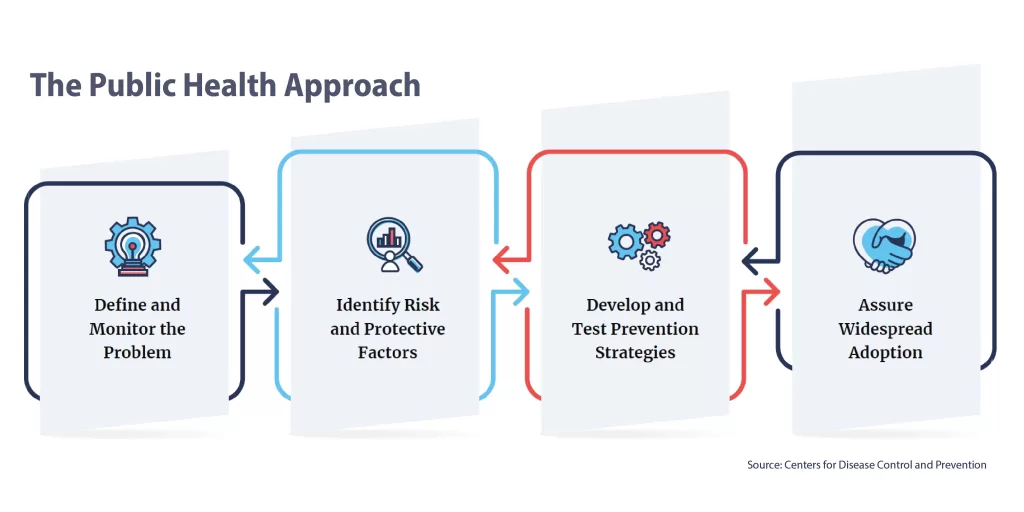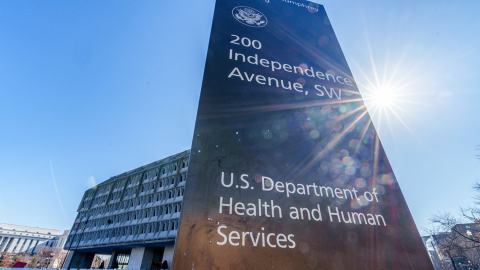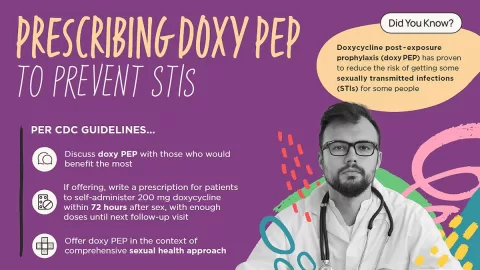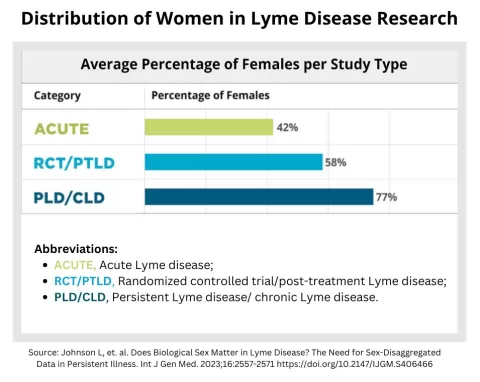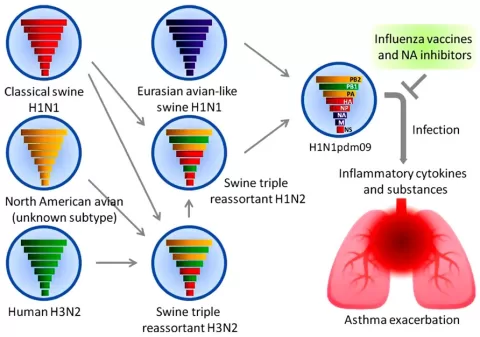The CDC public health landscape has been significantly impacted by a series of events that have drawn international attention, especially concerning the recent upheavals within the organization. With calls from WHO Director-General Tedros Adhanom Ghebreyesus for the protection of public health excellence, the CDC’s importance on the global stage cannot be overstated. As discussions about vaccine mandates and public sentiment surrounding vaccines intensify, the relationship between the WHO and CDC becomes increasingly paramount. Notably, during a Senate hearing, the controversial positions around vaccine regulations highlighted polarizing figures, including President Trump, who expressed support for vaccinations despite the ongoing debates. The discourse surrounding childhood vaccines has reignited interest in how organizations like the CDC can shape policies and perceptions in times of crisis.
The public health sphere in the United States is currently navigating complex challenges, especially concerning the CDC’s pivotal role in shaping national health policies. Following recent controversies involving vaccine mandates and critical testimonies related to childhood vaccination standards, the spotlight has turned to how institutions like the CDC maintain their influence and authority. Relationships with global entities, particularly the WHO, are vital in fostering collaborative public health initiatives amid ongoing debates. Figures such as WHO Director-General Tedros Adhanom Ghebreyesus and their perspectives on CDC operations can greatly impact the efficacy of health strategies during crises. As discussions evolve around vaccination protocols and public health measures, understanding the intertwined nature of these relationships and their implications becomes crucial.
The Importance of CDC in Global Public Health
The Centers for Disease Control and Prevention (CDC) has always been regarded as a cornerstone of public health in the United States and well beyond its borders. As highlighted by WHO Director-General Tedros Adhanom Ghebreyesus, the CDC has been instrumental in shaping health policy and practices around the world. Many countries have modeled their public health institutions on the CDC, adopting its name and methodology to tackle local health issues effectively. The work done by the CDC not only benefits the American populace but also supports global health initiatives through international collaboration and shared data.
As nations learn and adapt from the CDC framework, the significance of this institution becomes increasingly apparent, especially in the face of public health challenges such as pandemics. The CDC’s ongoing relationship with the WHO facilitates a robust exchange of information that enhances the understanding of health crises on a global scale. This powerful partnership underscores the importance of defending and supporting the CDC to ensure it remains a leader in public health excellence.
Vaccine Mandates and Public Health Policies
The controversy surrounding vaccine mandates has ignited widespread debate, particularly with recent developments in Florida where the state has decided to eliminate such mandates for public school children. Critics argue that this move jeopardizes public health efforts, especially concerning preventable diseases like polio and COVID-19. Presidents have historically navigated these nuanced discussions about vaccines, trying to weigh public sentiment against health recommendations from institutions like the CDC. As the landscape evolves, the role of national policy will be crucial in determining the future efficacy of vaccination programs.
As the Senate prepares for its upcoming hearings regarding vaccine mandates, the discussions will likely highlight the ongoing controversy over vaccine safety and public perception. Testimonies from various experts, including those opposing government mandates, may lead to a re-evaluation of vaccination policies. This reflects a broader trend where public health measures are often met with resistance, posing challenges for institutions striving to promote health initiatives that rely heavily on community compliance.
Donald Trump’s recent comments on vaccine discussions reveal his administration’s divided stance on vaccine mandates. His advocacy for specific vaccines amidst caution towards the decisions made by states like Florida showcases a complex relationship with public health policy. The former president’s perspectives could influence public sentiment and the outcomes of legislative discussions regarding vaccine mandates in the near future. This situation illustrates the intricate balance policymakers must achieve in promoting public health while respecting individual choice.
The Role of Tedros Adhanom Ghebreyesus in Global Health
Tedros Adhanom Ghebreyesus has emerged as a significant figure in global public health, particularly during his tenure as the director-general of the WHO. His advocacy for the CDC highlights his deep appreciation for effective public health models and exemplifies how successful frameworks can be adapted for various countries. By recalling his experiences as Ethiopia’s health minister and his efforts to establish the Africa CDC, Tedros emphasizes the significance of learning from best practices to enhance national health systems. This not only underscores the vital role of the CDC but also points to the necessity for ongoing improvement and adaptation in health governance.
Tedros’s call for the protection and continuation of CDC’s work reflects a broader commitment to international cooperation in public health. His perspective bridges the divide between national health agencies and global health organizations, showcasing how interconnected our health systems have become. The ongoing relationship between the CDC and WHO is crucial in navigating challenges such as epidemic preparedness and response, reinforcing the notion that collaboration is key to tackling global health threats effectively.
Trump’s Controversial Support for Vaccines
President Donald Trump’s relationship with vaccines has been marked by contradictions, particularly as he has expressed support for certain vaccines while simultaneously questioning others. His comments suggest a complex narrative where public health decisions are often influenced by political agendas. Trump’s vocal backing of specific vaccine initiatives implies a recognition of the importance of vaccination programs, which can serve to mitigate public health crises.
The contrasting views between Trump’s administration and public health experts have sparked widespread debate over vaccine safety and efficacy. As vaccine discussions unfold in various legislative arenas, it’s crucial to consider how political rhetoric shapes public opinion and can impact vaccine uptake in communities. The ongoing hearings and public statements will significantly influence how vaccine policies are developed and implemented in the future.
Childhood Vaccine Hearings: A New Front in Public Health Debate
The recent Senate hearings focusing on childhood vaccines have brought to light the contentious debates surrounding vaccination policies and public health initiatives. These discussions often reveal underlying tensions between personal freedom and community health that are central to vaccine hesitancy. Witnesses from various sectors will testify on the implications of vaccine policies, potentially reshaping the conversation around childhood vaccinations in the United States.
As debates surrounding childhood vaccines continue to evolve, it becomes increasingly critical to balance scientific evidence with public sentiment. The hearings symbolize a pivotal moment in assessing how health policies are formulated in response to community concerns. Furthermore, such discussions may signal a pathway toward greater public education and transparency surrounding vaccination, ensuring that health policies are informed by both scientific data and community feedback.
The Future of Vaccination Policies in America
As we move forward, the future of vaccination policies in America will likely be shaped by ongoing debates regarding individual rights versus public health needs. Influenced by figures like Tedros and the CDC, policymakers will need to navigate these discussions with a keen awareness of community priorities. The effectiveness of vaccinations in controlling diseases hinges not only on the science behind them but also on the public’s willingness to accept and trust these health interventions.
The outcome of upcoming hearings and public forums will play a crucial role in determining how vaccination policies evolve. Engaging in dialogue that respects both public health imperatives and individual choices is key to fostering a cooperative environment in which vaccination uptake can increase without inciting further division. Ultimately, the collaboration between public health entities and the political spectrum will dictate the trajectory of vaccination strategies in the face of ongoing public health challenges.
WHO and CDC Relationship: A Collaborative Approach to Health
The relationship between the World Health Organization (WHO) and the Centers for Disease Control and Prevention (CDC) exemplifies the significance of international collaboration in addressing global health challenges. This partnership has allowed for the sharing of vital information, strategies, and resources, benefiting countries around the world. Tedros’s acknowledgment of the CDC’s influence on national health systems underscores the need for continued cooperation and support among public health institutions.
As global health issues continue to emerge—whether they pertain to pandemics or other communicable diseases—the reliance on strong partnerships like that of WHO and CDC will be critical. By working collaboratively, these organizations can pool their expertise and resources, which ultimately leads to better health outcomes and preparedness. The ongoing commitment to nurturing this relationship is essential in overcoming the barriers that threaten global public health.
The Impact of Political Agendas on Public Health
Political agendas can have a profound impact on public health policies, often leading to polarized discussions on issues like vaccination. This has been particularly evident in the United States, where leadership has fluctuated between supporting vaccine initiatives and promoting skepticism. The remarks made by political figures regarding vaccine mandates and public health measures significantly influence public perception and trust, shaping how communities respond to health advisories.
As hearings and discussions evolve, it’s vital for health authorities and political leaders to prioritize transparency and evidence-based practices. Acknowledging the complexities of public opinion towards vaccines is essential for developing strategies that will resonate with the community. Balancing political discourse with public health imperatives is crucial to fostering a health-conscious society that understands the importance of vaccines and other preventive measures.
Fostering Public Trust in Vaccination Efforts
Creating and maintaining public trust in vaccination efforts is pivotal for achieving widespread immunization and protecting public health. With the proliferation of misinformation and political rhetoric surrounding vaccines, it’s imperative for health organizations to prioritize clear, factual communication. Initiatives that engage communities and dispel myths associated with vaccines can significantly enhance public acceptance and participation.
Additionally, the role of trusted figures in the community, including healthcare professionals and local leaders, can help bridge the gap between skepticism and acceptance. Integrating community feedback into public health strategies will not only improve the credibility of vaccination campaigns but also foster a cooperative spirit in tackling public health challenges. As discussions continue around vaccines, engendering trust will remain a top priority for public health officials.
Frequently Asked Questions
What is the relationship between the WHO and CDC in promoting public health?
The World Health Organization (WHO) and the Centers for Disease Control and Prevention (CDC) maintain a close partnership. WHO Director-General Tedros Adhanom Ghebreyesus has highlighted the CDC’s role as a global leader in public health, with many countries adopting similar models for their health agencies. This collaboration provides access to vital health data and scientific expertise, benefiting both the U.S. and the global community.
How has the CDC’s recent leadership changes affected public trust in public health?
The CDC has faced challenges recently, including staff layoffs and the firing of its director, which have raised concerns about public trust in health guidance. WHO’s Tedros emphasized the importance of protecting the CDC’s integrity and its role as a center of excellence in public health, indicating that continuous improvements are necessary to maintain public confidence.
What impact does President Trump’s stance on vaccines have on CDC guidelines?
President Trump’s strong support for certain vaccines aims to encourage public confidence in vaccination, despite the controversy surrounding vaccine mandates. His comments suggest a complicated stance where he recognizes the effectiveness of vaccines while also navigating political pressures, all of which impact how CDC guidelines are perceived in the public arena.
How did childhood vaccine hearings bring CDC vaccine policies into focus?
The Senate Finance Committee’s hearings on childhood vaccines have put CDC’s vaccine policies under scrutiny, especially regarding recent changes in state mandates. This has led to discussions about vaccine safety and efficacy, highlighting the importance of maintaining transparent and robust public health strategies, which the CDC is crucial in developing.
What lessons has Ethiopia learned from the CDC for improving its public health system?
Ethiopia, under the guidance of WHO Director-General Tedros, has incorporated lessons learned from the CDC to enhance its public health system. This partnership exemplifies how countries can leverage the expertise of the CDC to address local public health challenges effectively.
Why are vaccine-related discussions significant for the CDC’s public health mission?
Vaccine discussions are vital for the CDC’s mission as they directly relate to controlling infectious diseases and maintaining public confidence in vaccination programs. The CDC plays a pivotal role in setting guidelines and providing scientific backing for vaccine initiatives to safeguard community health.
| Key Point | Details |
|---|---|
| WHO Calls for Protection of CDC | The WHO’s Director-General urged for protective measures for the CDC amid ongoing turbulent conditions, highlighting its importance in global public health. |
| Staff Layoffs and Leadership Changes | The CDC has faced substantial staff layoffs, the firing of its director, and resignations from leading scientists, affecting its operational integrity. |
| Trump’s Vaccine Support | President Trump expressed endorsement for vaccines, indicating his concern for certain vaccinations like polio and COVID-19, in light of discussions on vaccine mandates. |
| Impact of Global Partnerships | Tedros highlighted how many countries have modeled their health organizations after the CDC, showing its pivotal role in shaping global health policy. |
| Ongoing Senate Hearings | A Senate committee is set to examine the effects of science corruption on public perception of vaccines, indicating the political and public discussions surrounding vaccination policies. |
Summary
The CDC public health sector is crucial for maintaining health standards in the United States and globally. Recent challenges at the CDC, including leadership changes and staff reductions, have prompted calls for its preservation as a standard for public health excellence. Both the WHO and U.S. legislators are actively engaged in discussions about vaccine efficacy and public health policies that could shape future American healthcare strategy. Ensuring the stability and integrity of the CDC will be essential for promoting effective health responses and safeguarding the community, highlighting the organization’s continued significance in global health initiatives.
The content provided on this blog (e.g., symptom descriptions, health tips, or general advice) is for informational purposes only and is not a substitute for professional medical advice, diagnosis, or treatment. Always seek the guidance of your physician or other qualified healthcare provider with any questions you may have regarding a medical condition. Never disregard professional medical advice or delay seeking it because of something you have read on this website. If you believe you may have a medical emergency, call your doctor or emergency services immediately. Reliance on any information provided by this blog is solely at your own risk.



